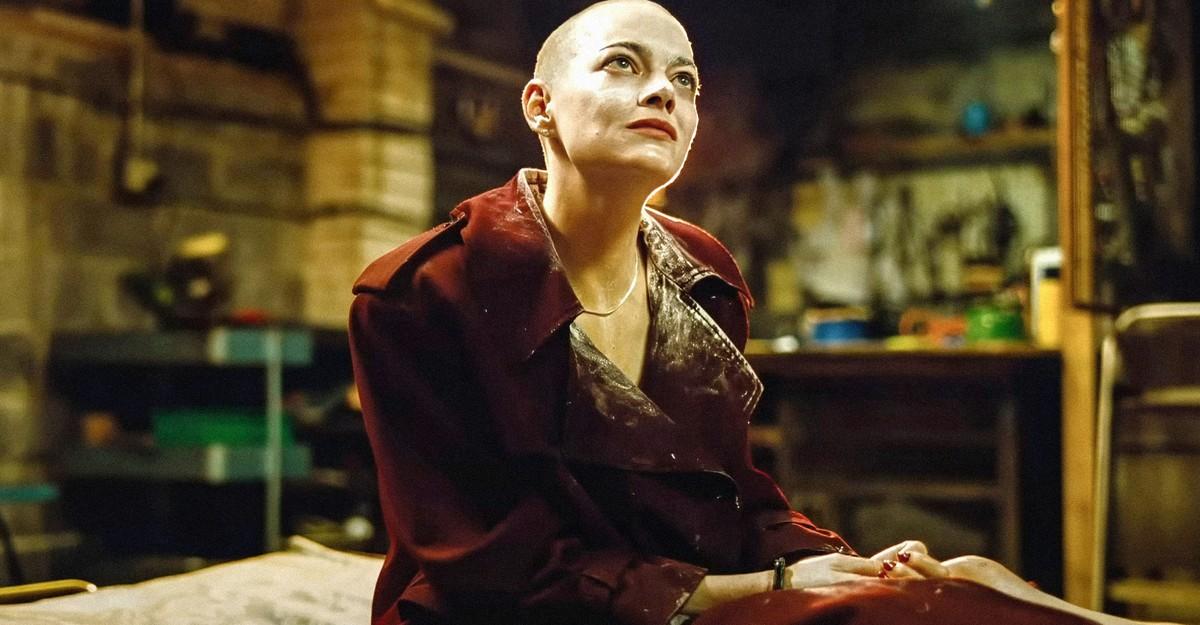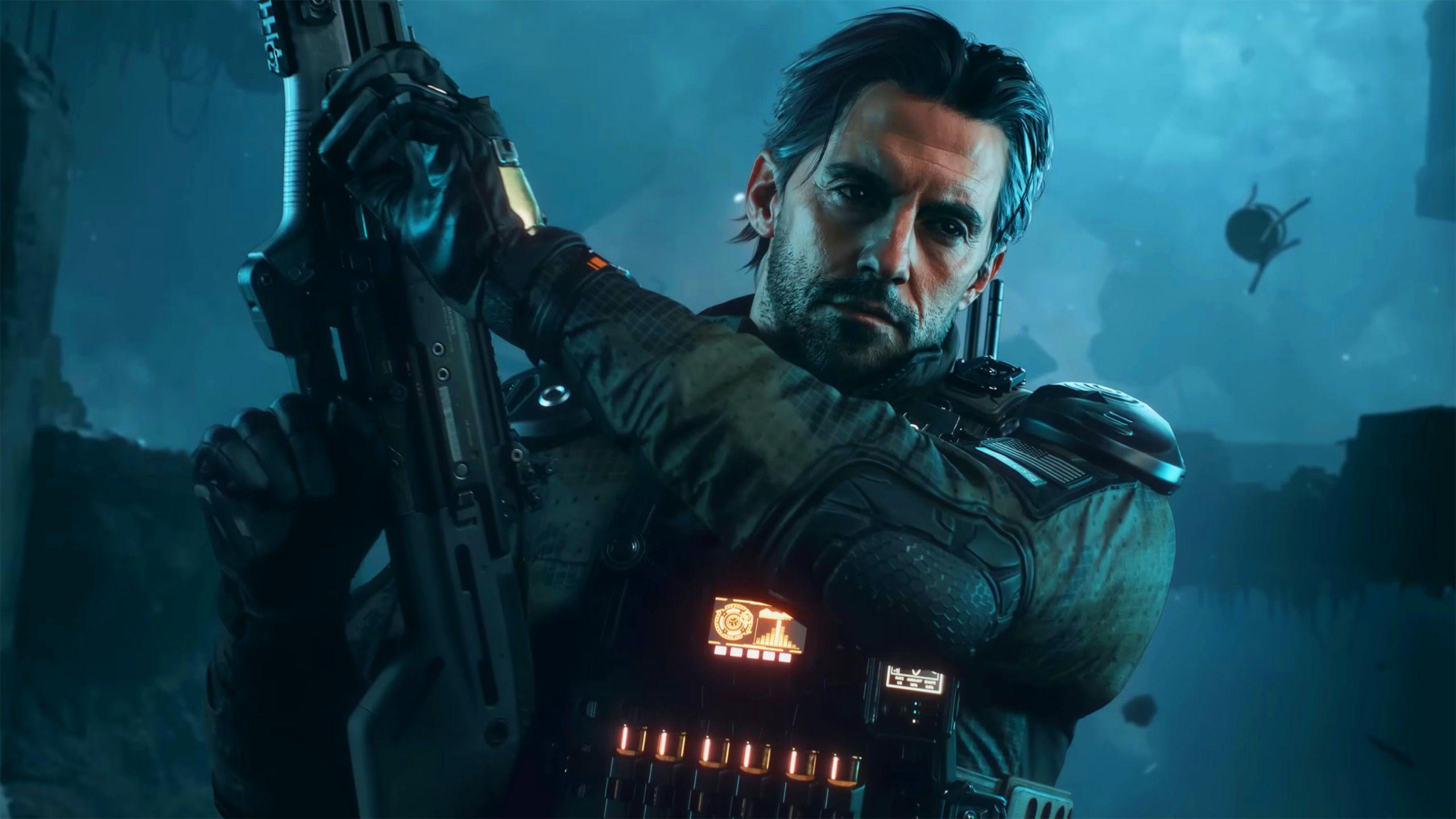Bugonia is surprisingly tame for an alien conspiracy theory movie.
A portrait of humanity at its worst
Bugonia is surprisingly organized for a film about conspiracy theories.
Listen to other stories on the noa app.
Greek director Yorgos Lanthimos' latest film begins with a shot of a begonia bee.A voiceover conveys the glory of insect life as it slowly hums through a field of wildflowers.Their ability to propagate other species through pollination is "sexy but clean," the speaker marvels.Their beauty comes from their "massive organizing principle."arise
According to the words, Teddy is convinced that their species is plotting to destroy the world and that Michelle (Emma Stone), the CEO of a large pharmaceutical company, is at the center of their plan.
A remake of the 2003 Korean black comedy Save the Green Planet, Bugonia broadly maintains the plot of the previous film.But Lanthimos applies his own unique touch.Save the Green Planet features intricate twists and a heightened sense of visual flair.Meanwhile, Bugonia is muted, often resembling chamber music.The characters that defined Lanthimos' previous Stone works, including Poor Things and The Favorite, are few and far between, and the surreal flourishes are minimal.There is a complete lack of silly whimsy.Instead, the director recalls his earlier works Dogtooth and The Killing of a Sacred Deer, combining a gentle, hermetically bleak story with the tangled existentialism of a Samuel Beckett play.
The resulting story is driven by paranoia with a nervous breakdown.Teddy, after successfully kidnapping Michelle and imprisoning her in her room, spends much of the film trying to get her to admit that she is Andromedan; Michelle, believing that her superior status will speed her rescue, refuses to interfere.Helping Teddy is his cousin Don (Aidan Delbis), whose childlike innocence and loyalty to Teddy make the conversation even more awkward: the more Teddy is angered by Michelle's refusal, the more Don wonders if he should support his cousin.It has a lot of power and every other internet community ignores it;It's almost too comfortable for someone like Teddy to assume that it's the aliens' fault.At one point, he explains to Dan that the only way to get Michelle to confess is to practice "maximum concentration".The film follows suit, creating an almost merciless exploration of unhappiness that culminates in an unsettling ending.
That such a dark film is endearing rather than repetitious is largely due to the fact that Plemons and Stone, who have proven to be excellent partners in Lanthimus-type kindnesses, place their characters in an unexpectedly effective way.Teddy, who seems constantly covered in fat and hot, is hard to root for as a character.He is self-righteous, quick to anger, and sometimes misbehaves with his only ally, Don.Yet Plemons fills him with despair and finds a pathetic fragility in his past.Michel comes across as an outspoken bully at first, speaking almost entirely in a cold, callous corporate accent and passive-aggressively insulting his employees.But Stone portrays Michelle's rudeness as a mask—a well-rehearsed method of suppressing her fears and insecurities.Both characters, as Bogonia suggests, they mistakenly believe they are heroes.They are so self-important and selfish that they don't realize how heartless they have become.
Perhaps that's why Teddy and Michelle's conversations tend to resemble a feedback loop, with neither character willing to compromise: Teddy accuses Michelle of being an Andromedan, Michelle counters by insisting that Teddy needs help, and Teddy follows up by knocking her out.While many of these exchanges are biting—and broken up by an entertaining subplot involving a local cop poking around Teddy's property—they manage to make the film a test of viewer endurance.Lanthimos engages in long takes, while composer Jerskin Fendrix's pounding, metronomic score adds to the film's oppressive atmosphere.The characters' discussions touch on topical issues such as the wealth gap, the internet as a breeding ground for conspiracy, and the psychological effects of climate change.But they rarely lead to anything other than further enmity between the opponents.I really longed for a fast forward button when Teddy threatened Michelle for the umpteenth time.
But Bugonia won me over when that burst of cathartic violence was over.Considering that part of the story takes place in a confined environment, when one character jumps over a table to attack another, the moment is amazing.Throughout the film, Lanthimos reveals bits of backstory in short, dreamy black-and-white sequences, artfully filling in the gaps of Teddy's interest.in MichelleThese scenes add emotional power to the tongue-in-cheek dialogue, giving meaning to all the anger.
Bigoia, the text is not to be in the movie.The word that reminds of survey, a flower - but actually refer to the old greek body's greek body can come from death from death.Teddy refuse to satisfy the meaning;He keeps me Michelle to live, he believes that he can be the same to the world.They communic, and it is imprisoned, but he is suited to live.However, their "Super Kantion Hope" Sorry for India Noaipia.Teddy blames a vallestrial race and impossible to live in people, before you're going to be out of treatment.For all the things, Bugona, Bugonaans like a pair of simplest, the simple facts: a man don't care of the world.There is no other.








